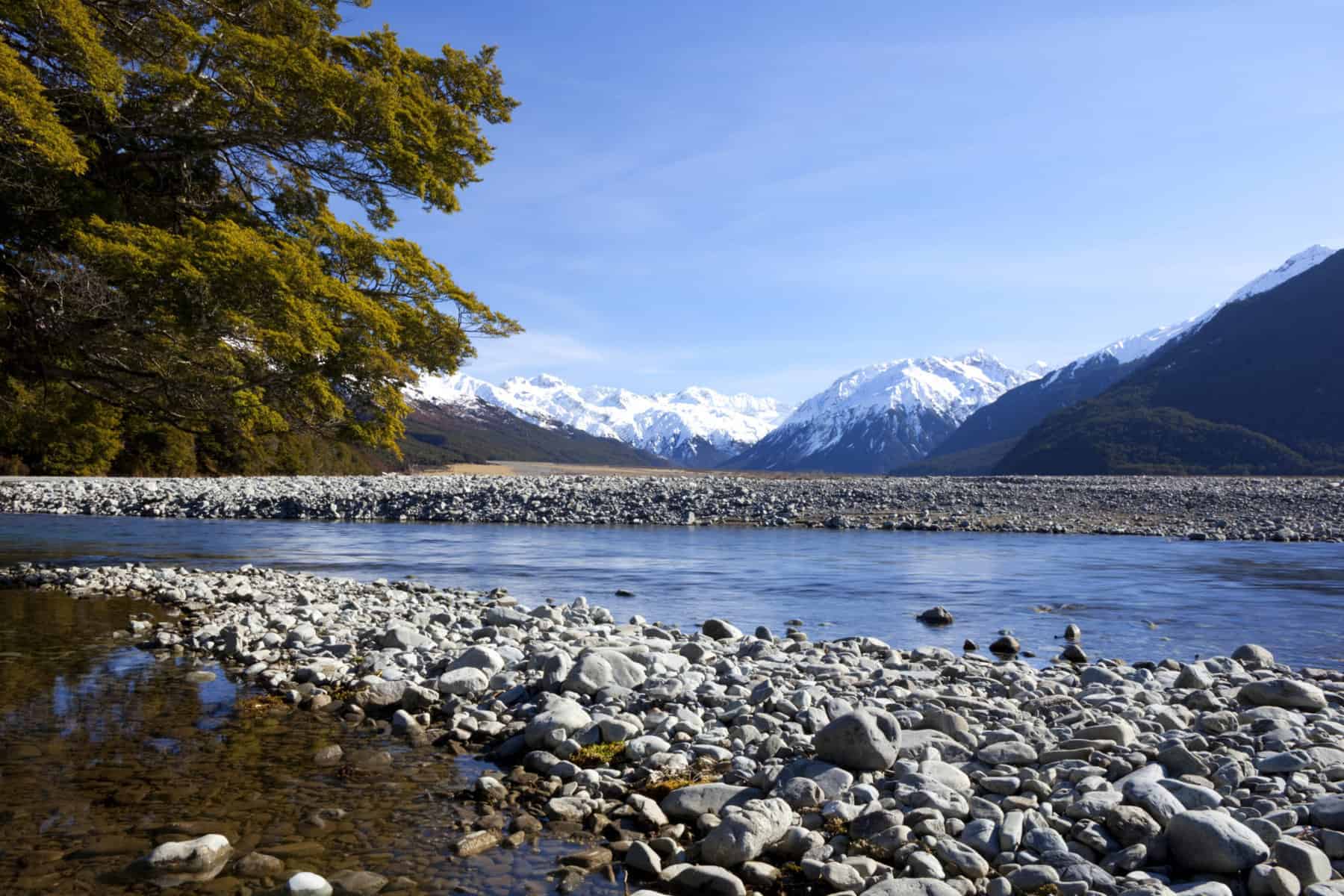For this reason, it seemed pertinent that the 400-page review be summarised and shared amongst members of the challenge working towards common goals within a complex legislative space.
The complexity present within the resource management system in Aotearoa was well highlighted in the report recommendations, which aim to improve clarity, integration and support positive outcomes within the system. This included aims to create a more effective and consistent role for Māori in the resource management system. While the report makes numerous findings and recommendations, its major recommendation was to repeal the RMA 1991 and introduce two new Acts; one focused on the natural and built environments, and the other focused on strategic planning. The report also proposed a Managed Retreat and Climate Adaptation Act be considered. Alongside these major recommendations were some that aligned closely to those found in previous Waitangi Tribunal Reports, Wai 262 and 2358. Such as;
Funding should be provided to Māori undertaking resource management duties in the public interest.
- The Tiriti clause (sec 8) should be strengthened to “give effect”.
- Address and resolve Māori rights in freshwater.
- Repealing sec 33(4)(c) and 35b(1) to better support transfer of powers.
- Positive obligations put on Local Authorities to investigate opportunities to use the transfer of power and joint management agreements.
- Creation of the National Māori Advisory Board with a range of functions including providing advice and oversight to the government and monitoring Te Tiriti o Waitangi compliance.
Overall, the report provides a very in-depth analysis of the RMA system, including some practical steps to improve it.
Now that the general election is over it is anticipated that the Report recommendations are already in the process of being progressed. Ideally the principle of co-design with Māori as the Treaty partner will be integral to the process to ensure best practice.
To see the full summary document click here.
